
How to Maximize Your Pre-Interview Research
One of the most exciting and nerve-wracking stages of the application process can be your ... Read more
Written by: AAMC Staff
Published on: December 14, 2017
Learn about medicine and how to become a physician in our articles for pre-medical students (including the MCAT), medical students, resident physicians, and practicing physicians.

One of the most exciting and nerve-wracking stages of the application process can be your ... Read more
Written by: AAMC Staff
Published on: December 14, 2017

Plotting out your course of study in anticipation of any MCAT test date is difficult ... Read more
Written by: Cassie Kosarek
Published on: December 13, 2017

You’ve probably seen numerous articles discussing the medical marriage and what to expect during training. ... Read more
Written by: Amy Rakowczyk
Published on: December 7, 2017

Tell us a little bit about yourself. I started medical school at age 27 after ... Read more
Written by: Student Doctor Network
Published on: December 5, 2017
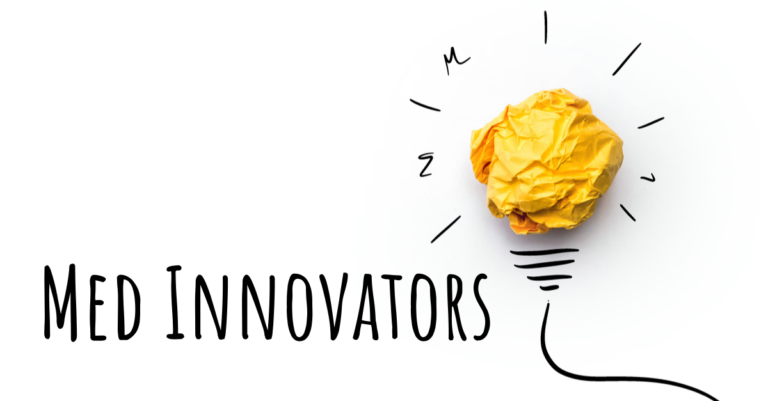
Tell us about yourselfHi SDN! My name’s Andrew. I am a fourth-year medical student at ... Read more
Written by: Student Doctor Network
Published on: November 30, 2017

In 2013, the American Medical Association, in response to demands from the medical community, developed ... Read more
Written by: Brian Wu
Published on: November 29, 2017
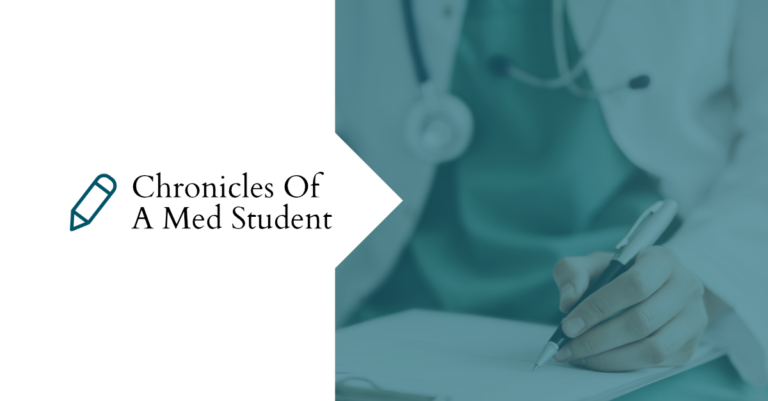
Flexibility is the name of the game during your third (and to an extent, your ... Read more
Written by: Adelle
Published on: November 27, 2017

Hospital cafeteria food. Malignancy or benign-ness. Patient population seen in the third and fourth years. ... Read more
Written by: Monya De
Published on: November 22, 2017

It’s your biggest dream and quite possibly your biggest fear at the same time. Your ... Read more
Written by: AJ Nguyen
Published on: November 21, 2017
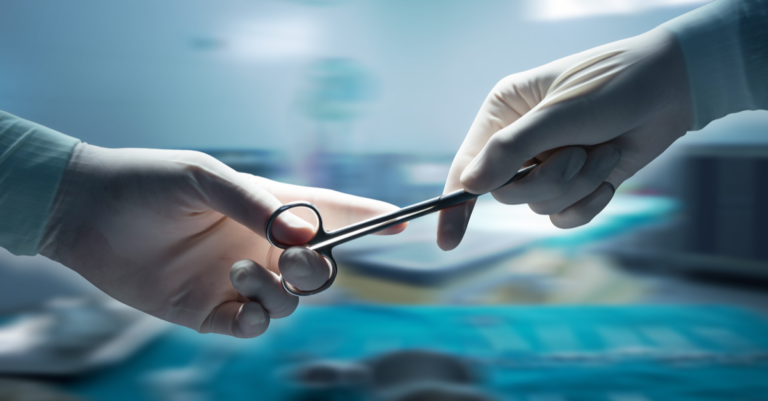
The Tutor The People Interview Series is an ongoing discussion with people from all walks ... Read more
Written by: Tutor The People
Published on: November 15, 2017

There’s no question that medical school is tough, especially when you consider the amount of ... Read more
Written by: Eric Brown
Published on: November 13, 2017

Demonstrating proficiency in the basic sciences is a hallmark of a good medical school application, ... Read more
Written by: Cassie Kosarek
Published on: November 8, 2017

Ask any doctor, in any specialty and of any age, and they will remember their ... Read more
Written by: Jacob Adney
Published on: November 6, 2017

10-24 hour shifts. Call days. Night float. Step prep. Away rotations. The nature of medical ... Read more
Written by: Amy Rakowczyk
Published on: November 2, 2017
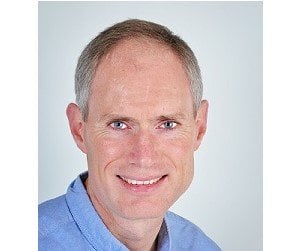
Dr. Knut Schroeder is a practicing GP in Bristol, UK; a freelance medical author, and ... Read more
Written by: Gloria Onwuneme
Published on: November 1, 2017
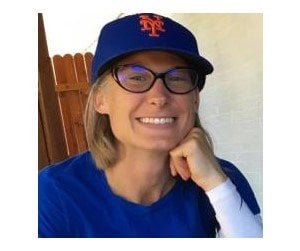
Dr. Mary Jean M. has spent the last decade researching in various laboratories, from plant ... Read more
Written by: Mary Jean M
Published on: November 1, 2017

Last month I wrote about the process of applying for residency, and noted how this ... Read more
Written by: Brent Schnipke
Published on: October 30, 2017
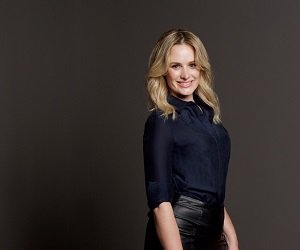
Dr Nikki Stamp is a cardiothoracic surgeon in Sydney, Australia. As one of only nine ... Read more
Written by: Gloria Onwuneme
Published on: October 26, 2017

Republished with permission from here. “Telestroke,” a telemedicine approach to acute stroke care, is revolutionizing how we ... Read more
Written by: Nitin Venugopal
Published on: October 25, 2017